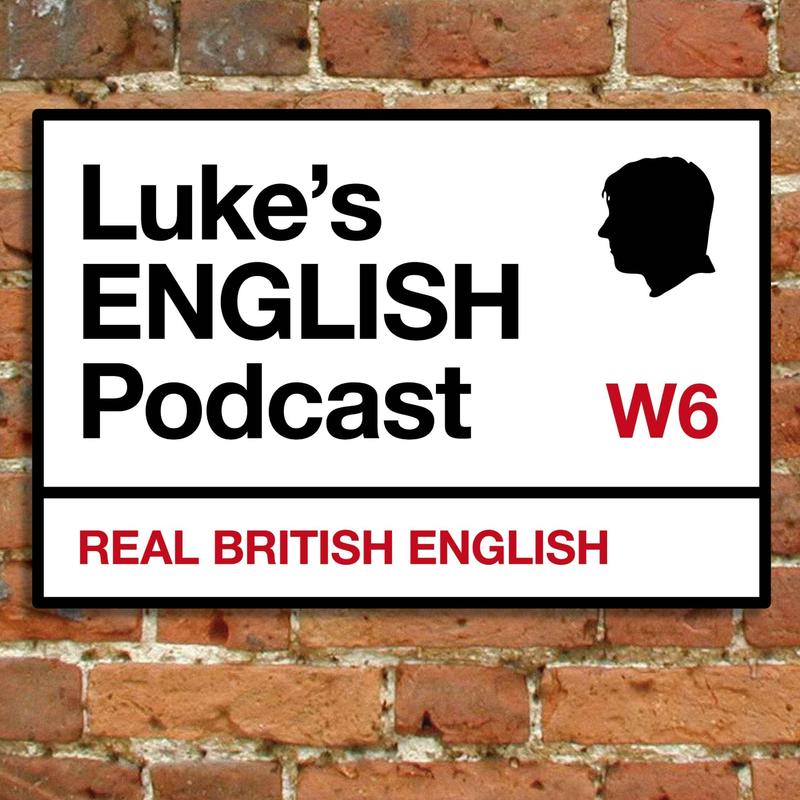
时长:
53分钟
播放:
30
发布:
8年前
主播...
简介...
This episode is about ways you can push your English to higher levels even if you feel that your progress is stuck or moving very slowly. I'm talking about a very common phenomenon in English learning called the intermediate plateau. This is where you seem to stop making progress and can't reach and advanced level. Click here for the page for this episode http://wp.me/p4IuUx-6Wl
Sign up to LEP Premium on Acast+ and add the premium episodes to a podcast app on your phone. https://plus.acast.com/s/teacherluke.
Hosted on Acast. See acast.com/privacy for more information.
评价...
空空如也
小宇宙热门评论...

HD471231z
2年前
江苏
1
Transcription / improvisation
Breaking the Intermediate Plateau
What is the intermediate plateau? Why does that happen and how can you get out of it? Generally, how do you keep making progress with your English?
People often get stuck at an intermediate level. They feel their English is not improving as fast as before. In fact it feels like you can’t progress further and your learning is blocked. It’s very frustrating.
This applies to moving from intermediate to a higher level, but much of it can be applied to making progress at a higher level too.
What is intermediate?
Moving from intermediate to advanced is a tricky phase and it often takes longer than moving from elementary to intermediate. It’s harder to make the distinction between intermediate and advanced than it is to make a distinction between intermediate and elementary.
CEFR B1 descriptions
Can understand the main points of clear standard input on familiar matters regularly encountered in work, school, leisure, etc.
Can deal with most situations likely to arise while travelling in an area where the language is spoken.
Can produce simple connected text on topics that are familiar or of personal interest.
Can describe experiences and events, dreams, hopes and ambitions and briefly give reasons and explanations for opinions and plans.
CEFR C1 descriptions
Can understand a wide range of demanding, longer clauses, and recognize implicit meaning.
Can express ideas fluently and spontaneously without much obvious searching for expressions.
Can use language flexibly and effectively for social, academic and professional purposes.
Can produce clear, well-structured, detailed text on complex subjects, showing controlled use of organizational patterns, connectors and cohesive devices.
How do you know if you’re at the intermediate plateau? How do you know if your learning is at a plateau in general (not just at intermediate level)?
We’re talking about 2 things – what your level is, and the progress you’re not making.
